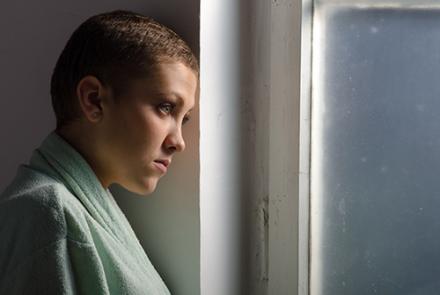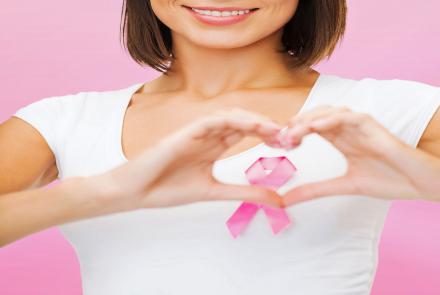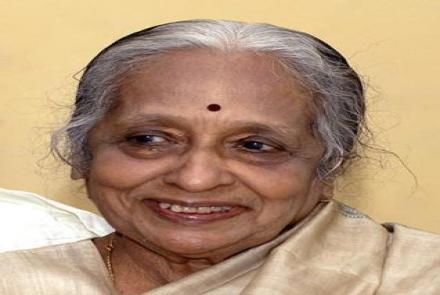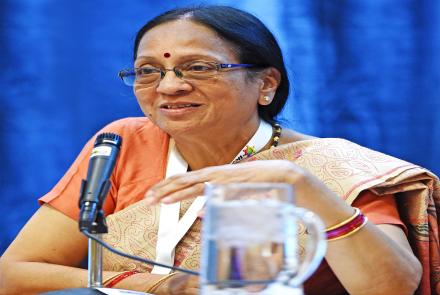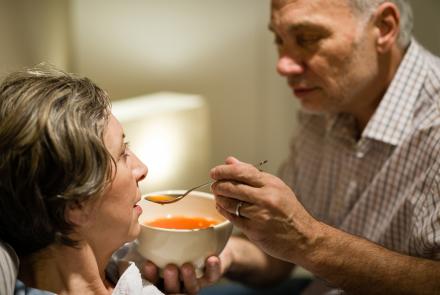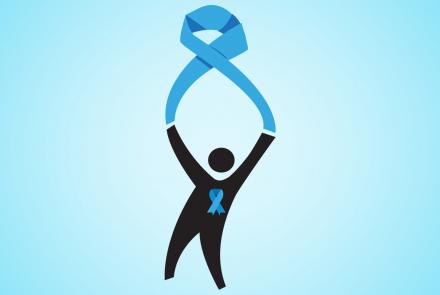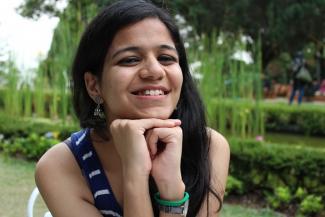
The most important factor in medical emergencies is to not panic, think calmly and act quickly and effectively. Mariyam Raza Haider, 26, recounts an emergency due to side effects of chemotherapy for her father's treatment of oral cancer and the lessons she learnt from it. This concludes the two-part series.
One of the biggest concerns when taking care of a cancer patient on chemotherapy is the bout of side effects. The most common side effects of any form of chemotherapy are — nausea, vomiting, diarrhoea, constipation, internal bleeding, and severe headaches. Dad is being administered targeted chemotherapy. Since this is a palliative form of therapy, he is given weekly routines of it and assessed after every eight doses of the chemotherapy cycles.
Weekly rounds of chemotherapy mean increased concern of side effects. And that concern became a reality on the third day after his first chemo, when he experienced one bout of diarrhoea. Around 11 am, he complained of having loose motion, and since it just happened once, I chose to take it lightly. First mistake.
The rest of the day went well. It was only after 11 pm that night, he started having diarrhoea again. Mum woke me up with a start saying that Dad’s feeling unwell, and complaining of stomach gurgles. I went to him and he indicated that he’d been to the washroom twice and was having an empty stomach feeling. I immediately checked his discharge summary and called up the emergency helpline of the hospital to discuss with the on call doctor. The doctor assured me it was nothing and giving him ample fluids would resolve the issue. I didn’t ask what medicine should he be given in case the diarrhoea continues. Second mistake. Dad took ORS fluids and went back to bed.
It was at 1 am that Mum woke me up again saying that Dad’s been to the toilet again. That’s when my nerves kicked in. The first thought that came to my worst case scenario building mind was he might need admission in the hospital, and we might have to rush him there. Dad was getting very worried and started feeling jittery. Mum and my sister started searching for some drug in the medicine cabinet and we found two anti-diarrhoea ones.
We called up the on call doctor and he advised against giving those two drugs, suggesting another tablet to be given to him. We didn’t have it and it was my brother and Dad’s brother who then went to the nearest pharmacy to purchase it. By this time Dad had slept. We got the medicine, gave it to Dad, and hoped it would be alright. It did eventually. Dad slept through the night, peacefully.
What did I learn out of this situation?
- Always ask the doctor for emergency medicines for all the side effects, while the discharge summary is being prepared.
- Do not take any symptom lightly. Keep close observation of any sign out of the ordinary.
- Do not build worst case scenarios in mind. Rather look out for the available positives in that situation. In Dad’s case, we had an excellent on call doctor; we had a 24x7 hour pharmacy available.
- Keep your cool. Dad and Mum were visibly worried and adding to their worry by panicking could have worsened the situation.
- Press the autopilot button. Do not get embroiled into emotions.
How to manage the side effects of chemotherapy
As Dad looked at me with concerned eyes, he indicated that he was afraid to sleep as he might have to wake up again because of stomach issues. At that point, Mum and I tried to reassure him by toning down the intensity of the situation and saying that whatever it is, we can handle it. I got massive reassurance by having my siblings around at that time.
Medical emergencies cause panic and nervousness. Managing that feeling and not letting it obstruct your mind is the biggest positive aspect one can learn. We did. And we hope we’ll be able to do so again.
Also read: Tips on de-stressing during chemotherapy
(This article is part of the author’s series on finding positivity and decoding the ‘be positive’ attitude as her father fights through aggressive oral cancer. Currently she is taking care of him full time at home. You can read her other posts on http://mariyamrazahaider.com. You can also follow her on twitter @MariyamRaza for more.)



